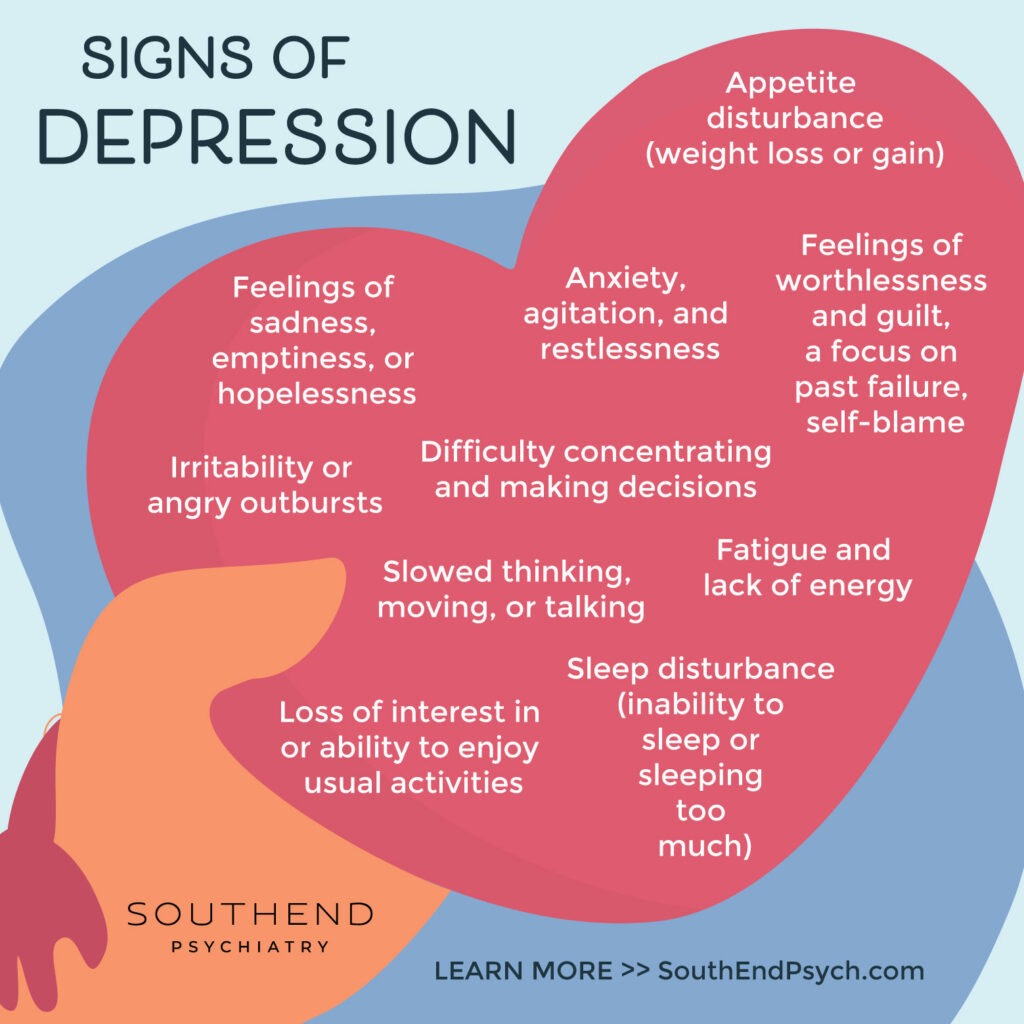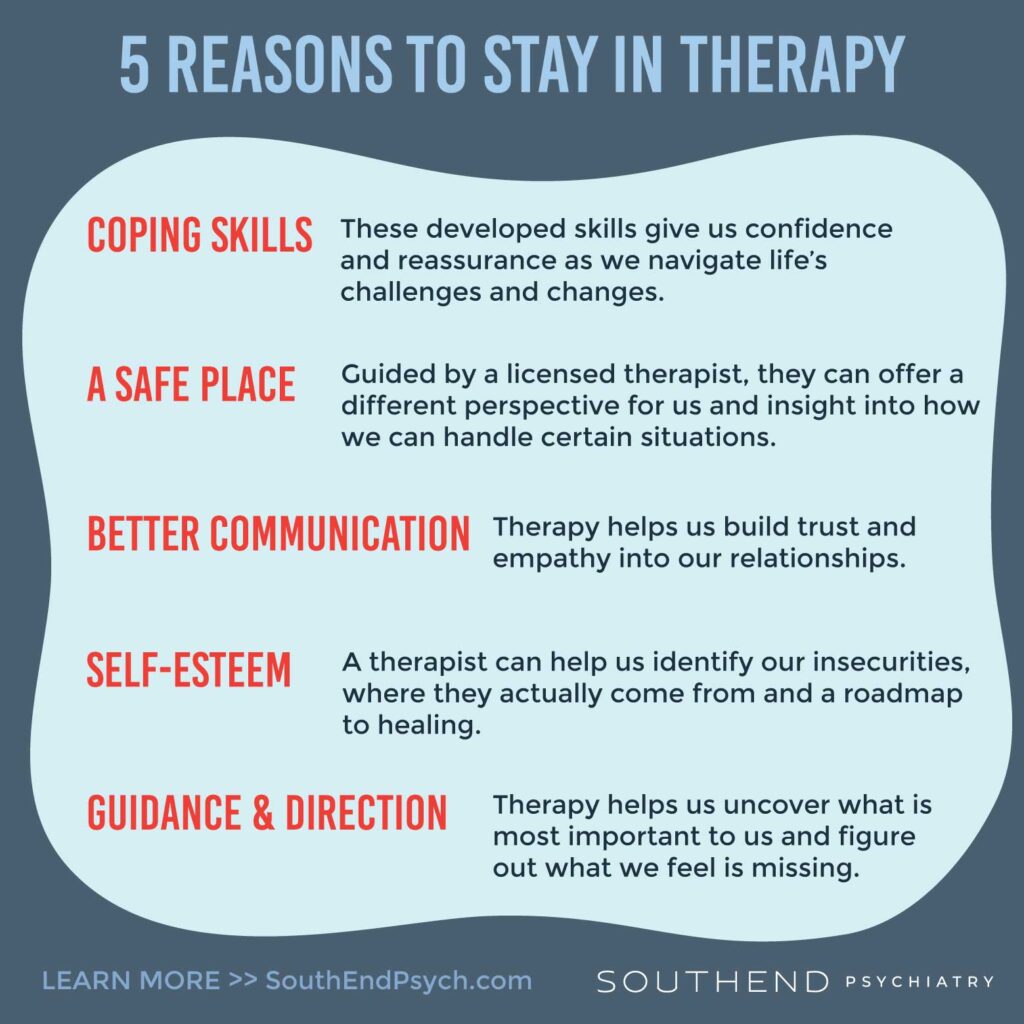SouthEnd Psychiatry proudly acknowledges September as ADHD Awareness Month. Attention Deficit Hyperactivity Disorder (ADHD) is often thought of as a childhood condition, but recent research reveals that it continues to impact millions of adults worldwide. ADHD in adults can manifest in different ways than in children, often making it harder to diagnose and treat. However, groundbreaking studies are now offering fresh insights into how this condition affects adults and what can be done to manage it effectively. At SouthEnd, we are excited to share this new research with you.
The Reality of Adult ADHD
While many assume that ADHD is something children “grow out of,” new research indicates that approximately 60% of children diagnosed with ADHD carry the condition into adulthood. That’s roughly 4.4% of the adult population in the U.S. alone, according to recent studies. However, many adults remain undiagnosed, attributing their symptoms to stress, anxiety, or other factors.
Common adult ADHD symptoms include difficulty focusing, impulsiveness, restlessness, and challenges with time management. These issues can lead to problems in both personal and professional life, from struggling to complete tasks at work to managing finances or maintaining relationships. Many patients are come to us unaware that the struggles they face could be linked to this condition. Proper diagnosis and treatment by SouthEnd Psych can dramatically improve quality of life, helping individuals manage their symptoms and succeed in both personal and professional settings.
New Findings and Treatments
Recent research has shown that ADHD in adults may not be as rare as previously thought, with many cases going unrecognized for years. Studies highlight that adult ADHD can manifest in less obvious ways, such as chronic procrastination, emotional dysregulation, and trouble following through on tasks. Importantly, these findings emphasize the need for better screening tools tailored specifically to adults.
On the treatment front, researchers are focusing on a combination of behavioral therapy, medication, and lifestyle adjustments. Cognitive-behavioral therapy (CBT) has shown promising results in helping adults manage ADHD-related issues, like impulsive decision-making and emotional regulation. Additionally, newer non-stimulant medications are being explored, offering alternatives for those who do not respond well to traditional ADHD treatments.
Moving Forward
As more research emerges, it’s clear that ADHD is not just a childhood disorder. For adults struggling with focus, impulsivity, or organization, this new wave of research offers hope. Understanding that ADHD can be managed with the right tools and support is crucial to living a more balanced, fulfilling life.
Are you struggling right now? Our team at SouthEnd is here and ready to help. We invite you to start a conversation with us, on your terms, in-person or online and want you to know you’re not alone.
Southend Psychiatry
Schedule your appointment today with one of our SouthEnd Psychiatry clinicians. Book your appointment online or call 1-800-632-7969 to get started today.














